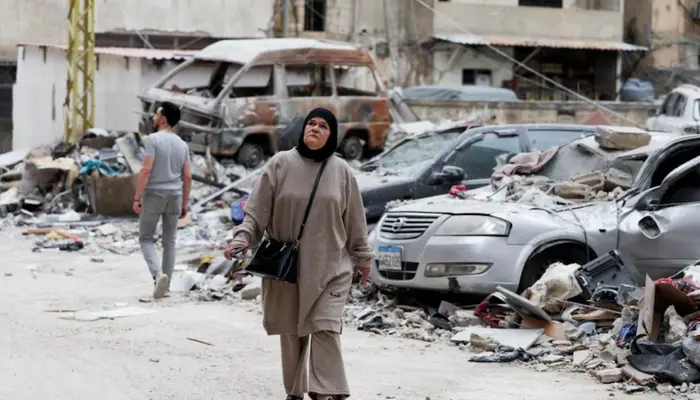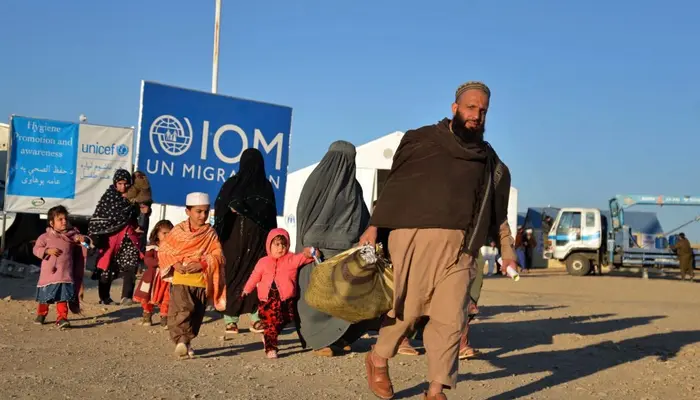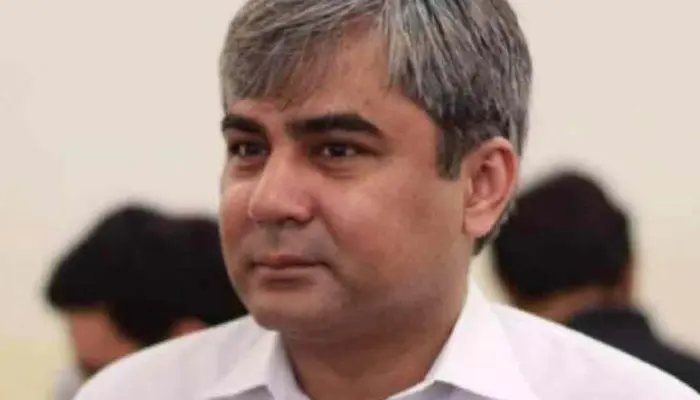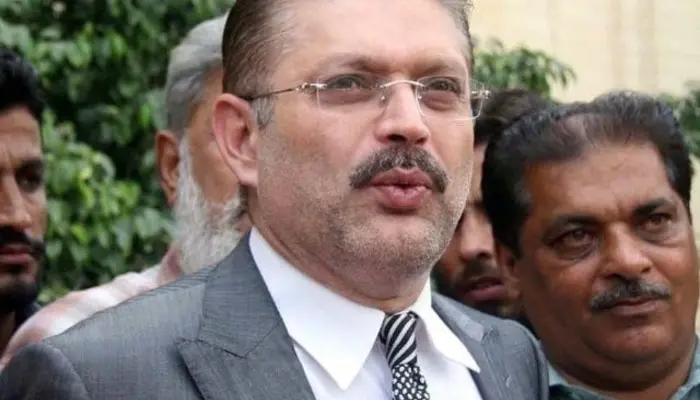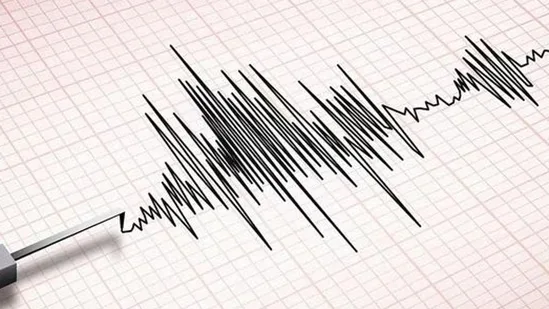The Exclusion of the Chapter on Out-of-School Children in the Education Stats Report Requires Immediate Redressal: ECN
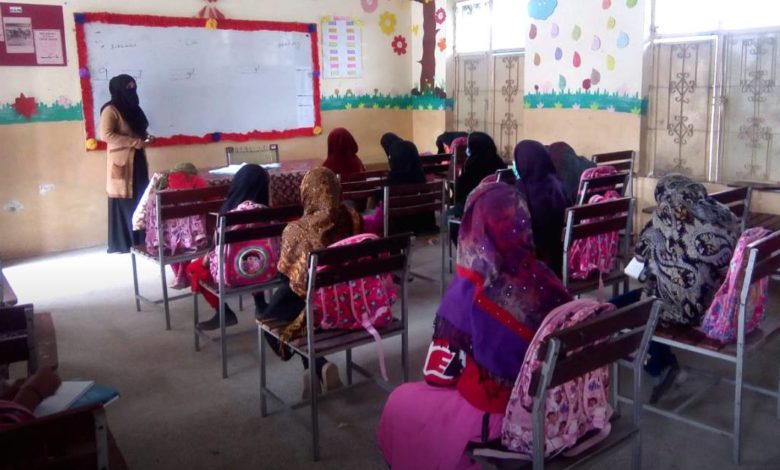
Karachi: A joint statement was issued here in Islamabad by the Education Champion Network (ECN) demanding the immediate restoration of the chapter on out-of-children in the recently published Pakistan Education Statistics report published by the Academy of Educational Planning & Management (AEPAM), Government of Pakistan.
ECN is a platform of 13 civil society organizations advocating for 12 years of free, equitable, and quality education for every girl in Pakistan.
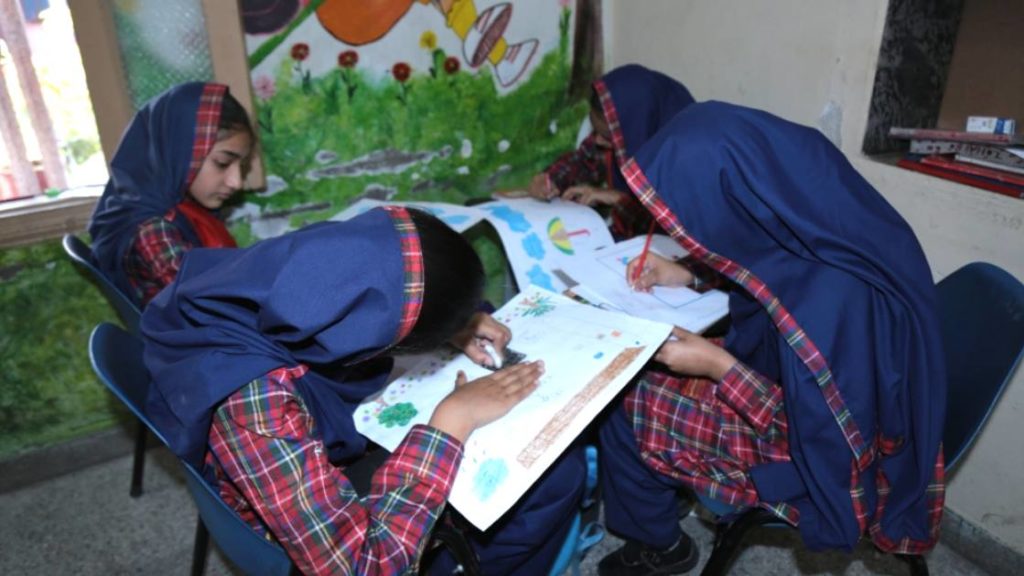
“For over 25 years, the Government of Pakistan through AEPAM has published the Annual Education Statistics report. This document is largely viewed as the single most important source of comprehensive and valuable data on Pakistan’s performance in the realm of education.
For more than a quarter of a century, it has served to provide key insights to policymakers and education activists around the country and even beyond,” explained Qamar Naseem, National Coordinator of Blue Veins.
“However, the most recent Pakistan Education Statistics Report 2017-18 published in January 2021 was not only released after an unprecedented delay of three years but also had the glaring absence of the chapter on out-of-school children,”
“With one of the largest numbers of out-of-school children in the world, it is imperative that Pakistan’s performance with regard to bringing more children into schools is put forth for public review,” stated Zehra Arshad, National Coordinator at Pakistan Coalition for Education.
Pakistan is a signatory to the Sustainable Development Goals (SDG) and has also adopted the 2030 Agenda as part of its national development effort. A key pledge made by Pakistan in this regard focuses on ensuring 100% literacy by the year 2030.
“The sudden exclusion of the chapter on out-of-school children from the recent Pakistan Education Statistics report also prevents both the government and the civil society to effectively monitor the country’s progress towards achieving SDG 4, that is quality equitable education,” pointed out education activist, Moiz Hussain.
“As per the Pakistan Education Statistics 2016 – 2017 report, an estimated 22.8 million children in the country were out-of-school with the majority of these children being girls,” shared Madiha Rahman, Programs Director at AzCorp Entertainment.
Adding to this point, Lalah Rukh Fazal-ur-Rahman, founder of ScienceFuse further pointed out, “Following the advent of the pandemic, it is feared that an additional estimated 1 million children have permanently dropped-out. Under such dispiriting circumstances, the need to account for the most marginalized children is all the more important.”
Asserting the importance of restoring the chapter on out-of-school children, Partab Shivani, Executive Director of Thar Education Alliance said, “Data on the number of out-of-school children in Pakistan is perhaps the most important indicator reflecting Pakistan’s success or failure in living-up to its constitutional promise of ensuring free, compulsory and quality education for every Pakistani child.
In the absence of this data, it is impossible to ascertain if any substantial progress has been made or even if we’re headed in the right direction.”
Da Hawwa Lur (DHL), Social Youth Council of Patriots (SYCOP), Thar Education Alliance, Awaz Foundation, Pak Alliance for Maths and Science Welfare Trust (PAMS), AzCorp Entertainment, Orenda Project, Durbeen, Idara Baraye Taleem-o-Taraqi (IBT), Blue Veins, Science Fuse, Pakistan Youth Change Advocate (PYCA), Pakistan Coalition for Education (PCE)




